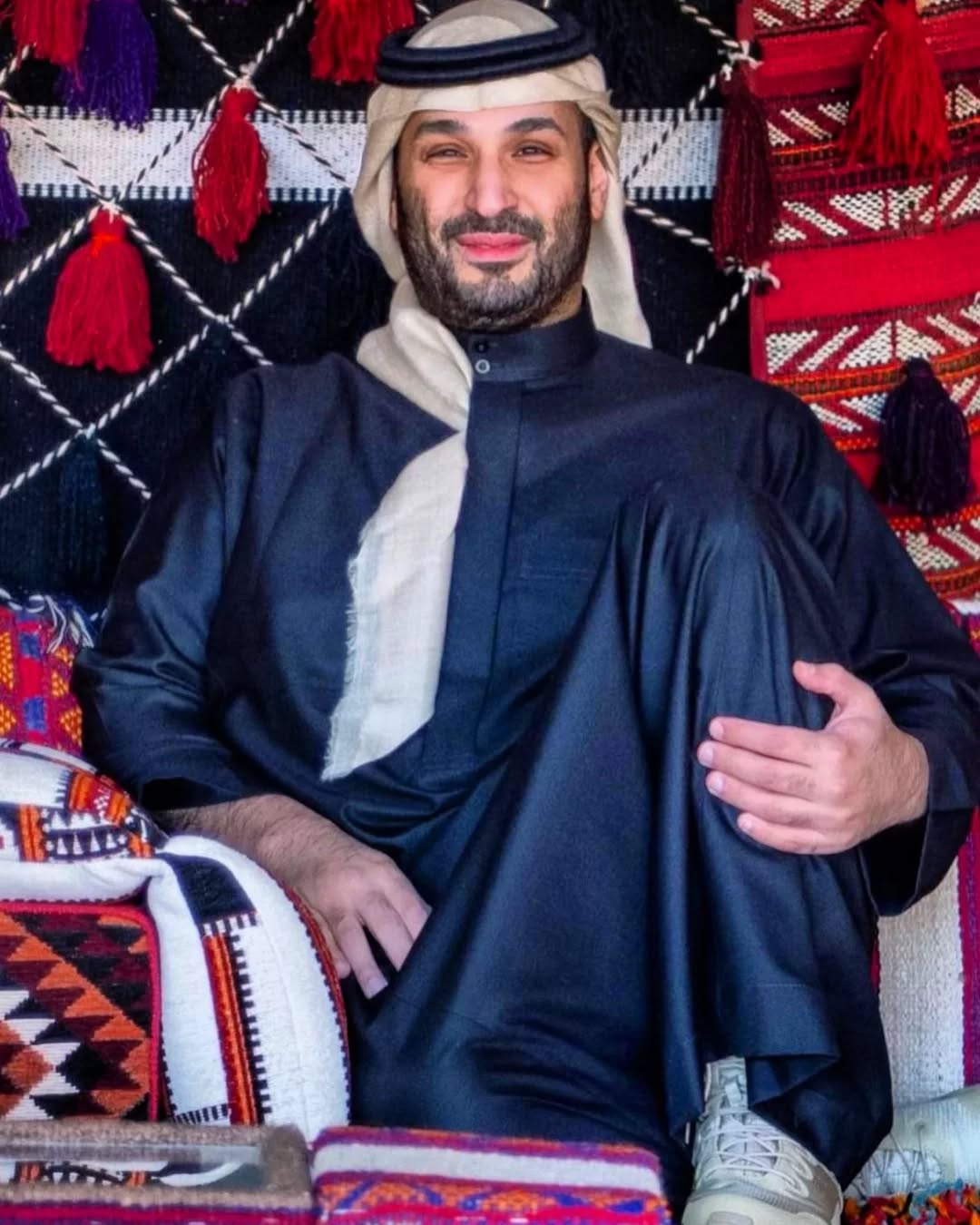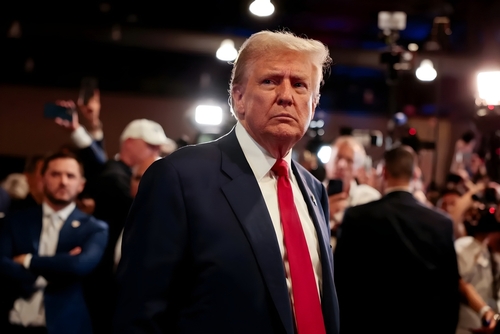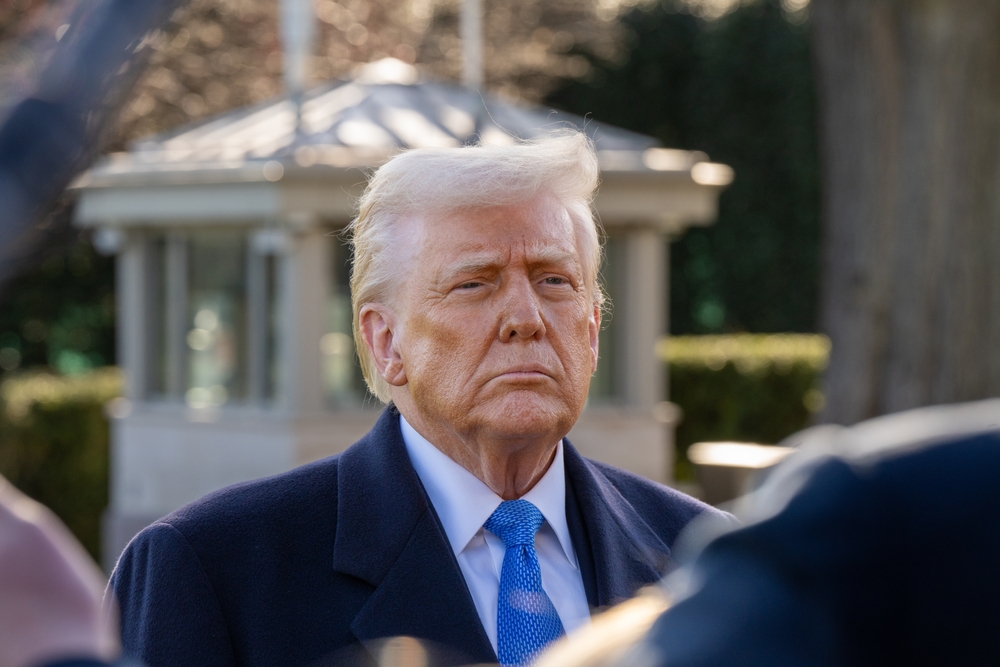Trump’s Middle East Tour: Business, Politics, or Both?
Donald Trump’s latest visit to the Middle East is drawing global attention and speculation. With stops in Saudi Arabia, the United Arab Emirates, and Qatar, the former president’s high-profile tour appears to blur the lines between political aspirations and business ventures. This international campaign-style tour is widely seen as an effort to rally elite support and perhaps financial backing.
Where Is Trump Visiting and Why?
Trump's itinerary includes meetings with royal families and energy ministers in Riyadh, Abu Dhabi, and Doha. These are not random destinations. These Gulf states are some of the world’s wealthiest nations and influential players in energy and regional geopolitics. By engaging with these leaders, Trump is not only reviving diplomatic ties from his presidency but potentially laying the groundwork for strategic economic partnerships, both personal and political.

Saudi Arabia’s, Crown Prince Mohammed bin Salman
Investment Talks Behind Closed Doors?
While official statements claim the trip focuses on "regional stability and mutual cooperation," insiders suggest that potential investments into U.S. infrastructure, tech, and even real estate projects tied to Trump-affiliated entities could be on the table. Middle Eastern sovereign wealth funds have historically invested heavily in U.S. assets, and Trump’s personal brand remains powerful in global luxury and property markets according to CNN.
Analysts also speculate that Trump may be seeking support from foreign investors who are hesitant about the current U.S. administration's energy and trade policies. The Gulf nations, in turn, may see Trump as a more favorable future partner, especially with his past record of arms deals and leniency on oil production.
Related: Qatar's $400M Jet Gift to Trump Sparks Outrage: Is This the New Air Force One?
Related: Aramco's Oil Empire: Unveiling the Secrets Behind the World's Most Powerful Energy Giant
A Strategic Play for Power?
Beyond money, this trip is being interpreted as a move to reinforce Trump's global influence. By appearing alongside powerful Middle Eastern leaders and securing lucrative promises or deals, he projects strength and relevancy on the world stage. For Trump, it's about more than diplomacy it’s about maintaining his image as a global dealmaker.

Conclusion
Donald Trump’s visits to the Middle East are not just about diplomacy; they’re about access. By meeting with leaders who control massive investment portfolios, he’s positioning himself close to the financial power that can shape projects and influence narratives within the U.S. These aren’t public investments through official channels, they’re private conversations with the potential to direct funding toward ventures aligned with Trump’s personal and political goals. If these meetings are successful, they could create long-term relationships that benefit Trump more than the country. This is less about national interest and more about consolidating influence among those with the means to move markets.













